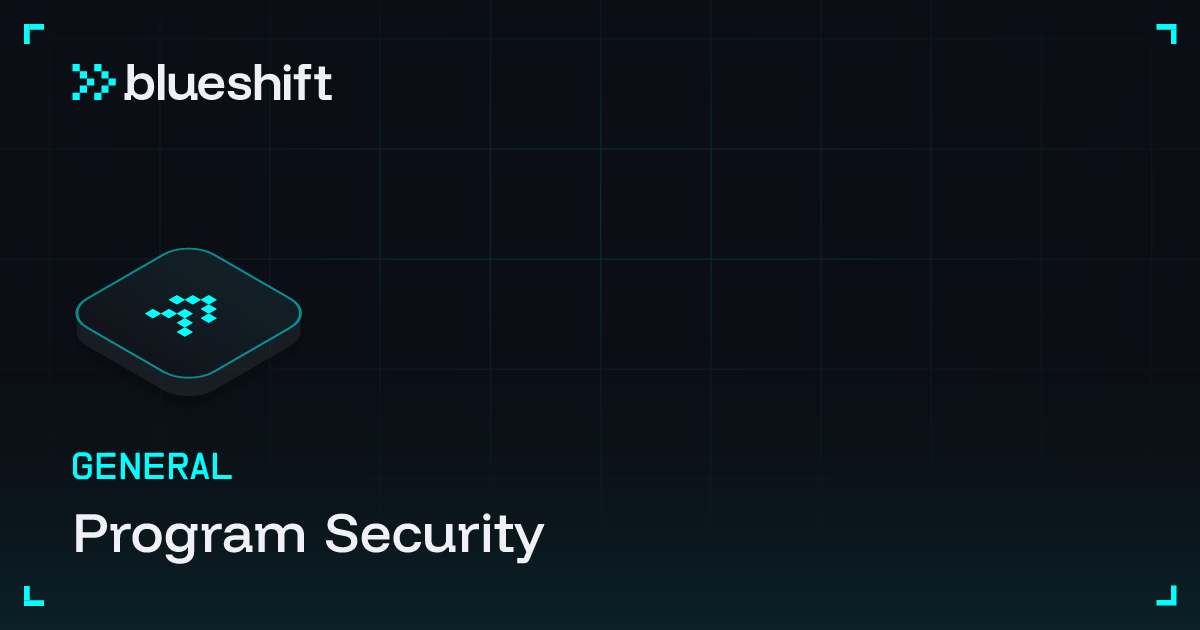Program Security

Every day, millions of dollars flow through Solana programs at lightning speed. In this high-stakes, high-performance environment, a single line of vulnerable code can drain a protocol in seconds, while a well-secured program can process thousands of transactions per second without breaking a sweat.
Solana's revolutionary parallel processing architecture isn't just faster than other blockchains; it's fundamentally different.
While Ethereum developers worry about gas optimization and sequential execution, Solana developers must master an entirely new threat landscape where accounts replace storage, programs are stateless, and transactions race against each other in parallel execution lanes.
There are a lot of security exploits unique to Solana blockchain development. In this course you'll learn all Sealevel Attacks that are modeled on Coral's Sealevel Attack repository, incorporating real-world examples and practical mitigation strategies.
Before deploying your programs to Mainnet you should have at least a basic understanding of security fundamentals.
Introduction to Program Security
The most critical security considerations in Solana development stem from the platform's account ownership model and the way programs interact with accounts.
Programs must carefully validate account ownership, implement proper access controls, and handle the complexities of cross-program invocations (CPIs).
The stateless nature of programs means that all validation logic must be explicitly implemented, as there are no built-in protections against malicious account manipulation.
Additionally, common vulnerability patterns in Solana programs include missing ownership checks, insufficient signer verification, arithmetic overflow/underflow, and improper handling of account initialization and closure.
Even though each security vulnerability may seem "simple" at first glance, there's substantial depth to discuss in each scenario. These lessons contain less prose and more practical code examples, ensuring you gain a solid, hands-on understanding of the security risks discussed.
Ready to enhance your Solana security knowledge? Let's begin building more secure programs together.